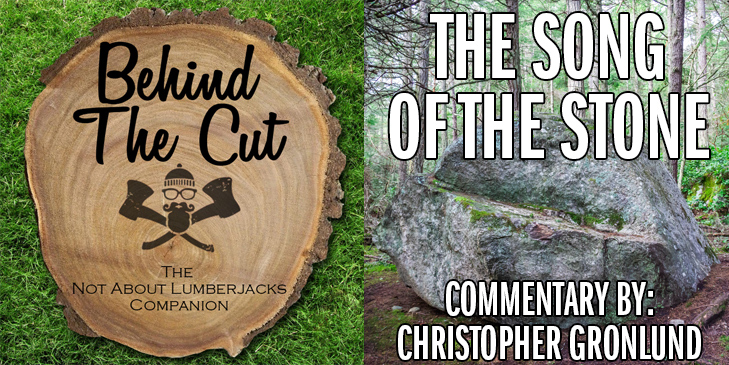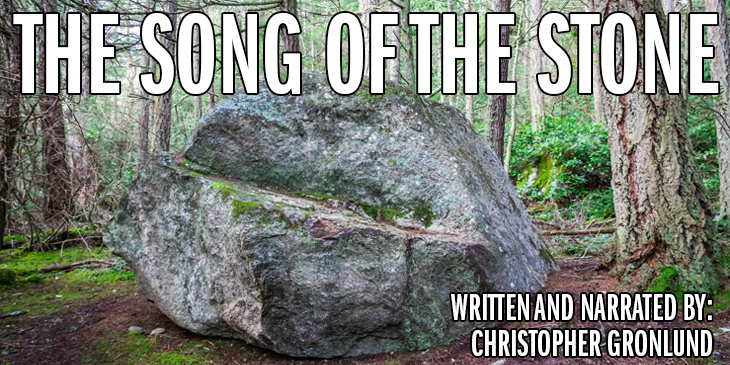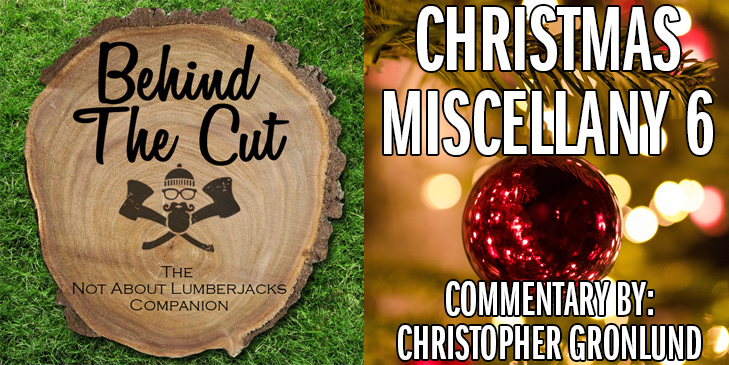
In this behind-the-scenes look at the latest Not About Lumberjacks story, I talk about the audiences I imagine when I write — and how the struggle to live a life true to oneself is not a new concept.
Podcast: Play in new window | Download
Subscribe: RSS



